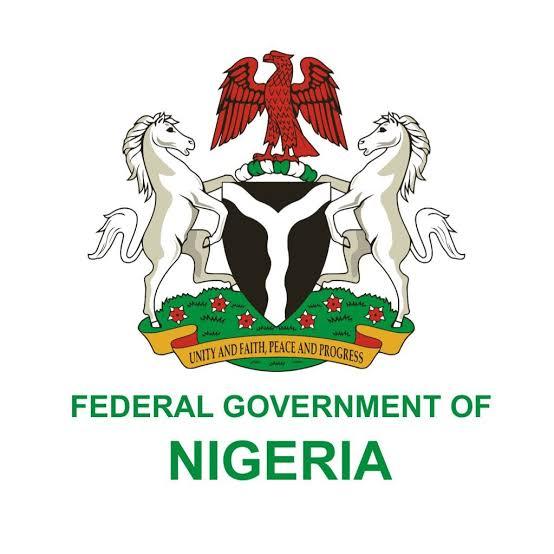The National Intelligence Agency (NIA) is one of Nigeria’s top security institutions, operating behind the scenes to safeguard the country’s sovereignty and global interests. Often less visible than the military or police, the NIA plays a vital role in protecting Nigeria from foreign threats, espionage, and terrorism by gathering critical intelligence both within and outside the country.
As part of Nigeria’s three major intelligence agencies—alongside the Department of State Services (DSS) and the Defence Intelligence Agency (DIA)—the NIA is specifically tasked with foreign intelligence and counterintelligence. This blog explores the official responsibilities, structure, and operations of the NIA in Nigeria.

What Is the National Intelligence Agency (NIA)?
The NIA is Nigeria’s principal foreign intelligence and counterintelligence agency. Established in 1986 as part of a reorganization of the country's security services, the agency focuses on gathering intelligence outside Nigeria's borders and protecting national interests from international threats.
Unlike the DSS, which operates primarily within Nigeria, the NIA functions similarly to the CIA in the United States or MI6 in the UK—its scope is international.
Official Duties of the NIA in Nigeria
The NIA performs several critical roles on behalf of the Federal Republic of Nigeria:
1. Foreign Intelligence Gathering
The NIA collects, processes, and analyzes intelligence from outside Nigeria’s borders. This helps inform the federal government on global threats, diplomatic relations, foreign policy decisions, and international developments.
2. Counterintelligence
The agency protects Nigeria from foreign espionage and infiltration by identifying and neutralizing efforts by hostile nations or foreign agents seeking to undermine Nigeria’s security or political interests.
3. Surveillance of Nigerian Interests Abroad
The NIA monitors Nigerian embassies, diplomats, diaspora communities, and foreign institutions that may impact Nigeria’s international standing or internal stability.
4. International Liaison
The agency maintains secret and official communication lines with international intelligence agencies and security partners, facilitating global collaboration on terrorism, cybercrime, money laundering, and transnational threats.
5. Security for High-Level Diplomats and Foreign Missions
The NIA provides intelligence support and risk assessments for Nigerian diplomats stationed overseas and during diplomatic visits or international summits.
6. Advising the Presidency
As a direct arm of the Presidency, the NIA briefs the President and National Security Adviser on potential threats, strategic moves by foreign powers, and geopolitical risks.
How Is the NIA Structured?
The NIA operates under the Office of the National Security Adviser (ONSA) and is headed by a Director-General appointed by the President. Its activities are highly confidential, with much of its operations shielded from public knowledge for national security reasons. Agents are trained in surveillance, foreign languages, analysis, and covert operations to effectively carry out their international intelligence assignments.
FAQs
Q1: What is the difference between the NIA and DSS in Nigeria?
The NIA handles foreign intelligence, while the DSS focuses on domestic intelligence and internal security.
Q2: Who does the NIA report to?
The NIA reports directly to the President of Nigeria and works closely with the National Security Adviser.
Q3: Can the NIA operate within Nigeria?
While its primary mandate is international, the NIA may collaborate with domestic agencies if threats have cross-border implications.
Q4: Is the NIA involved in cybersecurity?
Yes. The agency is increasingly involved in cyber intelligence to track international cyber threats that could impact national security.
Conclusion
The National Intelligence Agency is one of Nigeria’s silent defenders—working in the shadows to protect the nation’s global interests. From intercepting foreign plots to advising the Presidency on diplomatic risks, the NIA plays a pivotal role in securing Nigeria’s sovereignty. As threats to national security evolve in a digital and globalized world, the agency’s work becomes even more essential. Understanding the NIA’s official duties not only highlights the importance of intelligence in national defense but also reminds us that true security often happens where the public eye can’t see.











